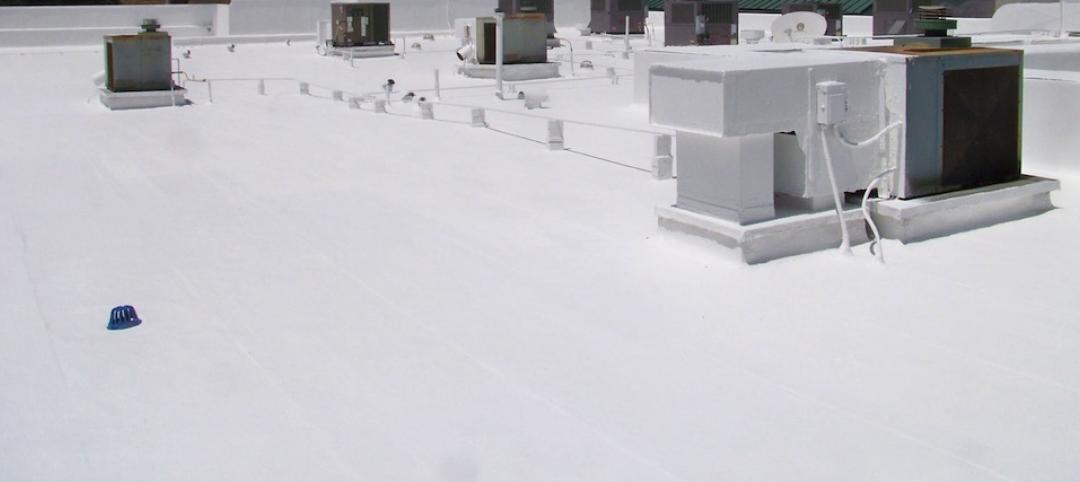The Washington D.C. Council recently passed legislation that will make it more expensive for owners to hold vacant or blighted property.
The Vacant Property Enforcement Act of 2016 reduces the maximum amount of time a vacant property can qualify for an exemption from higher vacancy tax rates. It also closes a loophole that allows continuous renewal of construction permits to qualify for tax exemptions, and require owners of vacant properties to prove they are no longer subject to the higher tax rates.
"The District has a substantial number of vacant properties, many of which are poorly maintained,” the bill report says. "Property owners may keep their properties vacant or fail to maintain them because they expect property values to rise over time. Poorly maintained and vacant properties can damage surrounding communities by being eyesores, by serving a venue for drug use and by providing a home for rodents or other animals. The net effect is to reduce the feeling of a cohesive community and depress surrounding property values."
The legislation reduces the time an owner can claim an exemption from higher taxes because of construction to one year for residential properties and to two years for commercial properties. Fines for failing to comply with city property regulations will rise from $1,000 to $5,000.
Related Stories
| Apr 24, 2013
North Carolina bill would ban green rating systems that put state lumber industry at disadvantage
North Carolina lawmakers have introduced state legislation that would restrict the use of national green building rating programs, including LEED, on public projects.
| Apr 24, 2013
BOMA’s 360 Performance Program approaches 600 building designees
The Building Owners and Managers Association (BOMA) International conferred the BOMA 360 Performance Program® designation upon 44 properties in major commercial real estate markets across the U.S. in the first quarter of 2013.
| Apr 24, 2013
New Mexico court strikes down move to repeal energy codes
The New Mexico State Court of Appeals struck down an attempt to repeal energy-efficient building codes.
| Apr 24, 2013
Los Angeles may add cool roofs to its building code
Los Angeles Mayor Antonio Villaraigosa wants cool roofs added to the city’s building code. He is also asking the Department of Water and Power (LADWP) to create incentives that make it financially attractive for homeowners to install cool roofs.
| Apr 17, 2013
Army's FY 2014 $130 billion budget includes $2.3 billion for construction
The U.S. Army submitted a $129.7 billion budget for fiscal year 2014, $2.3 billion of which is allocated for military construction, army family housing, and base realignment and closure.
| Apr 17, 2013
Leonardo Academy to develop sustainability master plan standard
Leonardo Academy launched the development of a standard for sustainability master plans using the American National Standards Institute (ANSI) process to define sustainability goals and achievements for regions, states and campuses.
| Apr 17, 2013
Fenestration Council allows some shading system, dynamic glazing to be rated for U-Factor
The National Fenestration Rating Council (NFRC) approved changes to its NFRC 100 and NFRC 200 standards, allowing certain shading devices to be rated for U-factor and Solar Heat Gain Coefficient.
| Apr 17, 2013
LEED 2009 quarterly interpretations, addenda now available
Quarterly interpretations and addenda to the LEED 2009 rating systems and reference guides are now available.
| Apr 17, 2013
DOE’s Lawrence Berkeley Lab researchers developing new indoor air pollution standards
The U.S. Department of Energy’s Lawrence Berkeley National Laboratory (Berkeley Lab) researchers are working on new building standards after discovering previously unknown indoor air pollutants.
| Apr 16, 2013
RMJM acquired by Duthus Investments for £12 million
Sir Fraser Morrison, the owner and chairman of architect RMJM, is the backer behind the investment firm that bought RMJM for £11m in late March.









